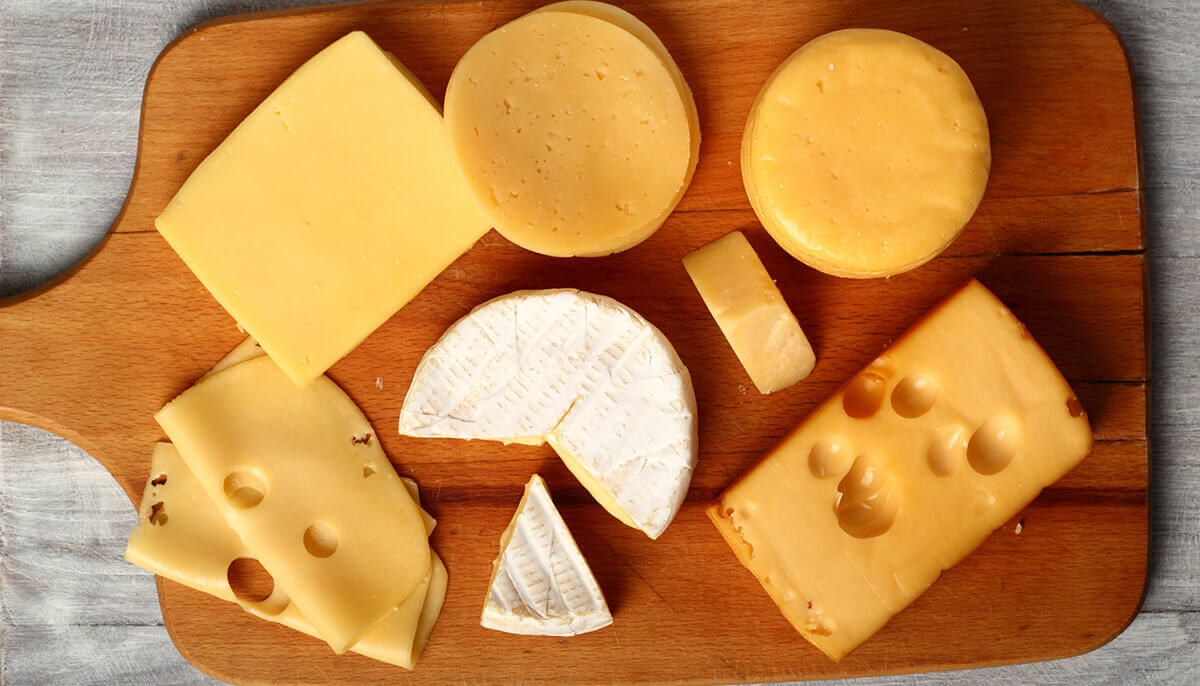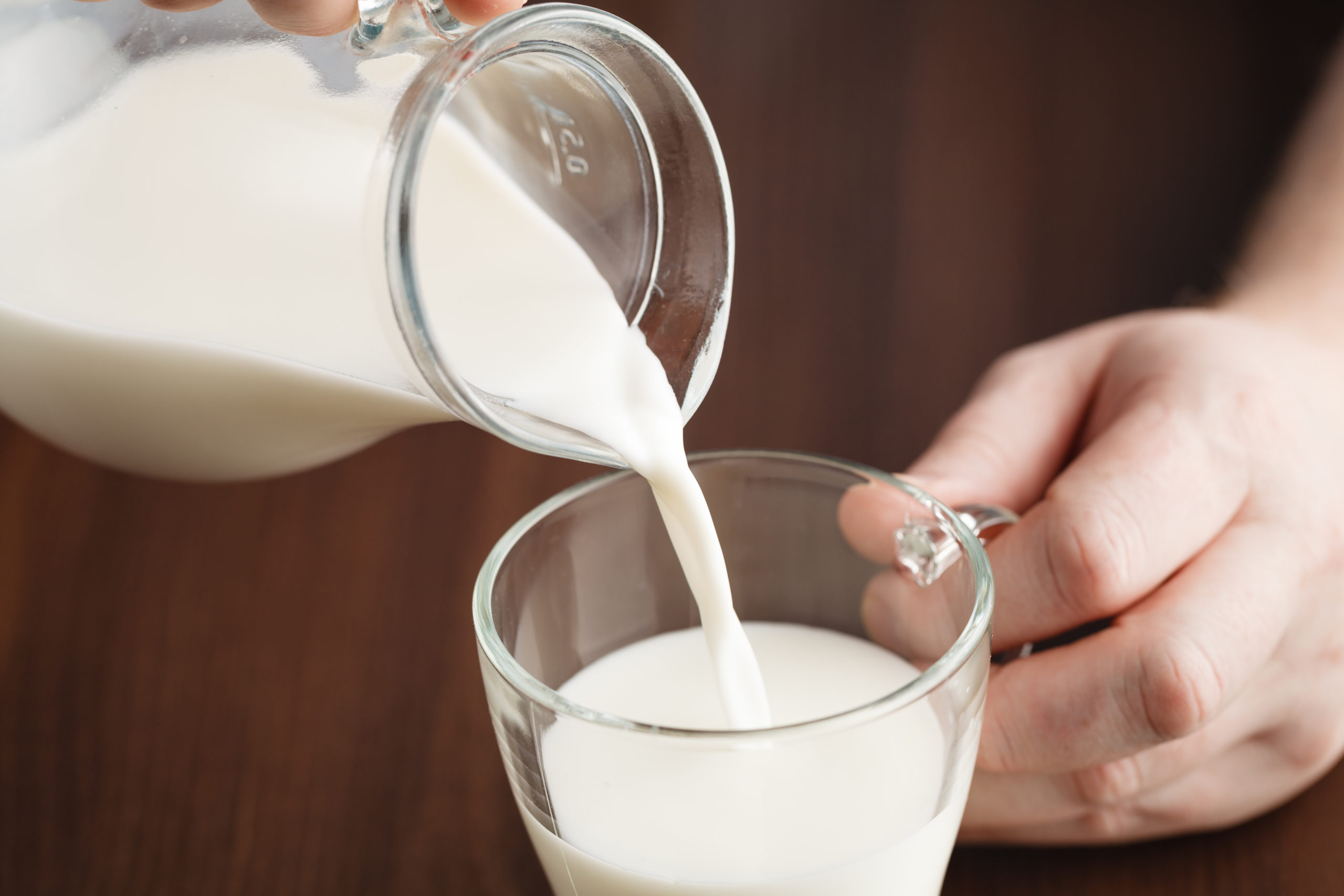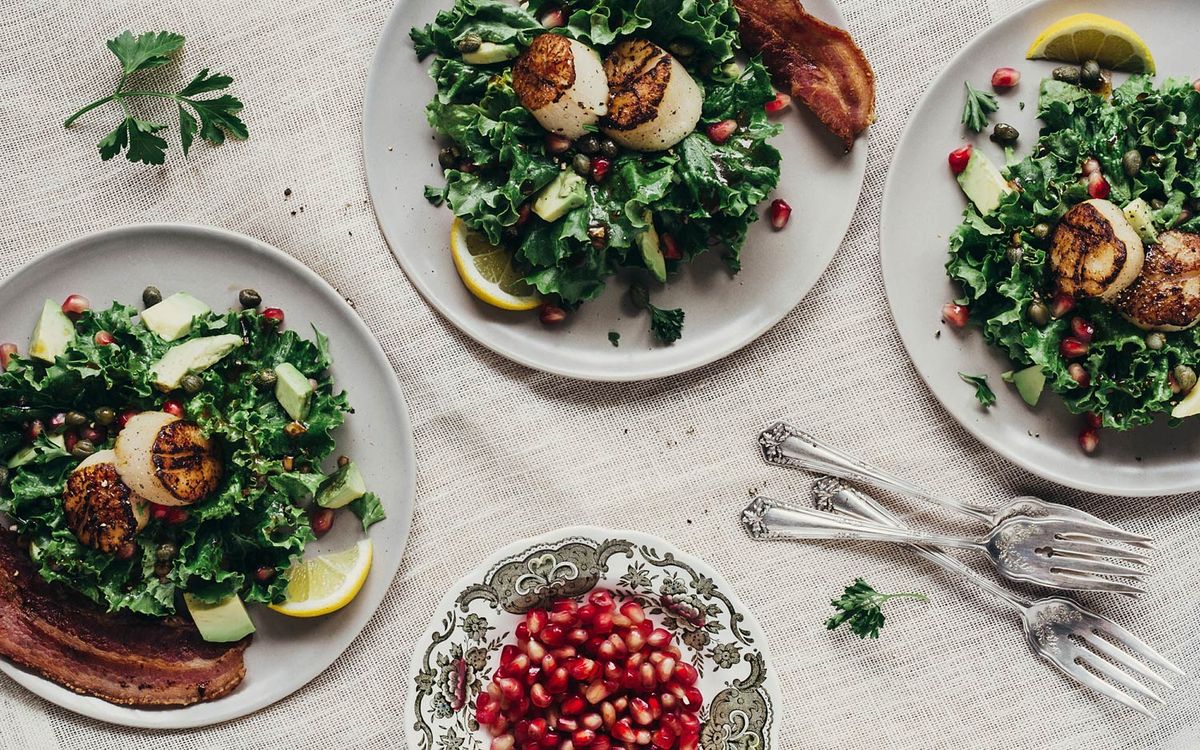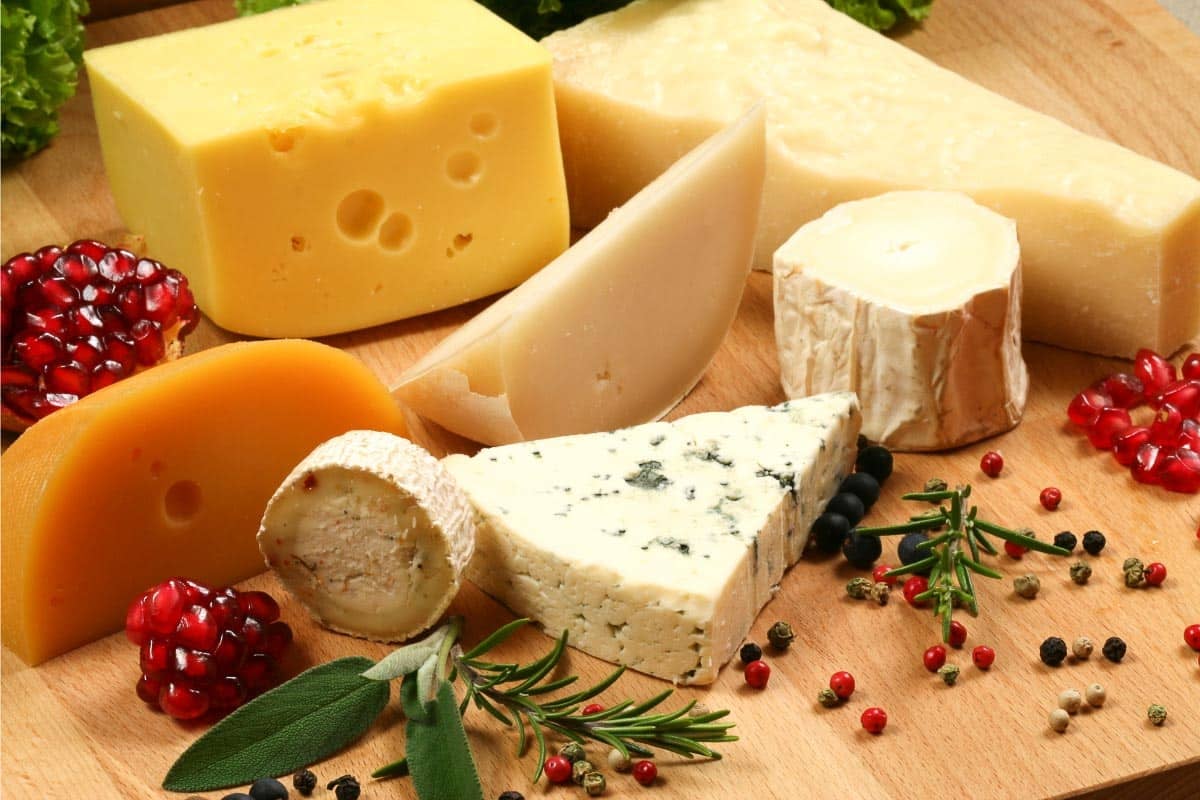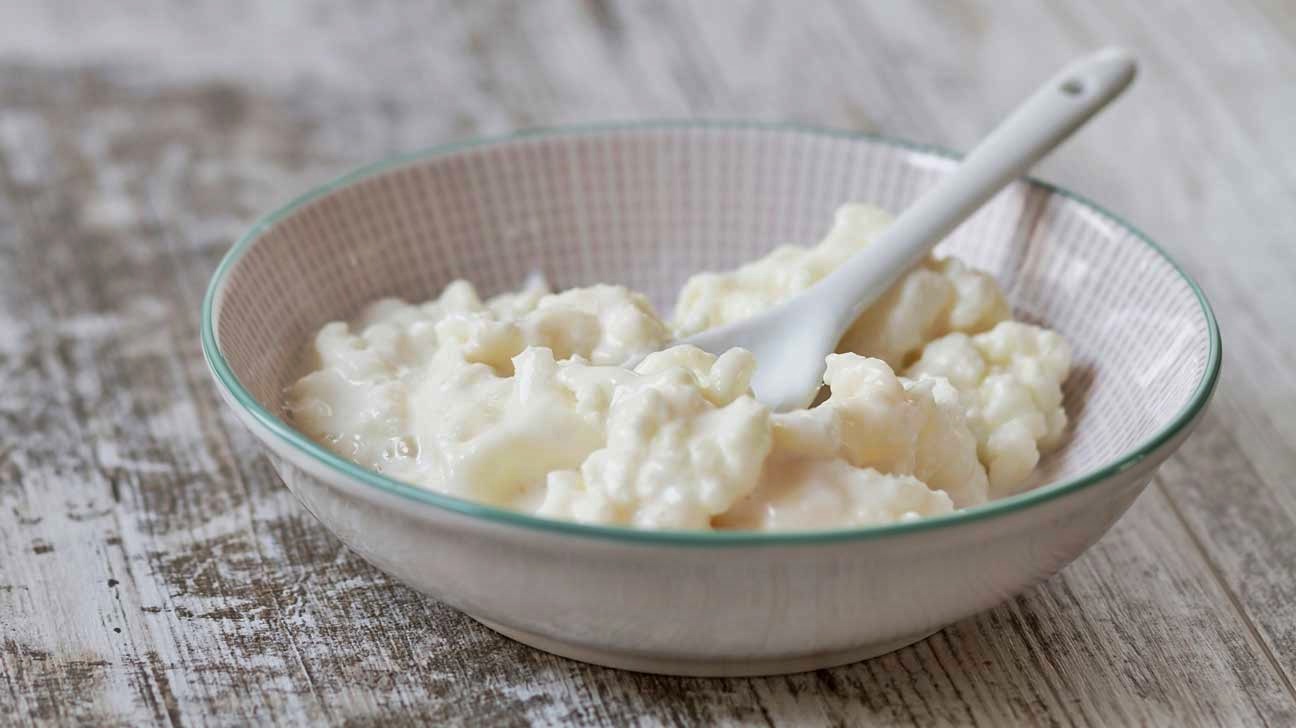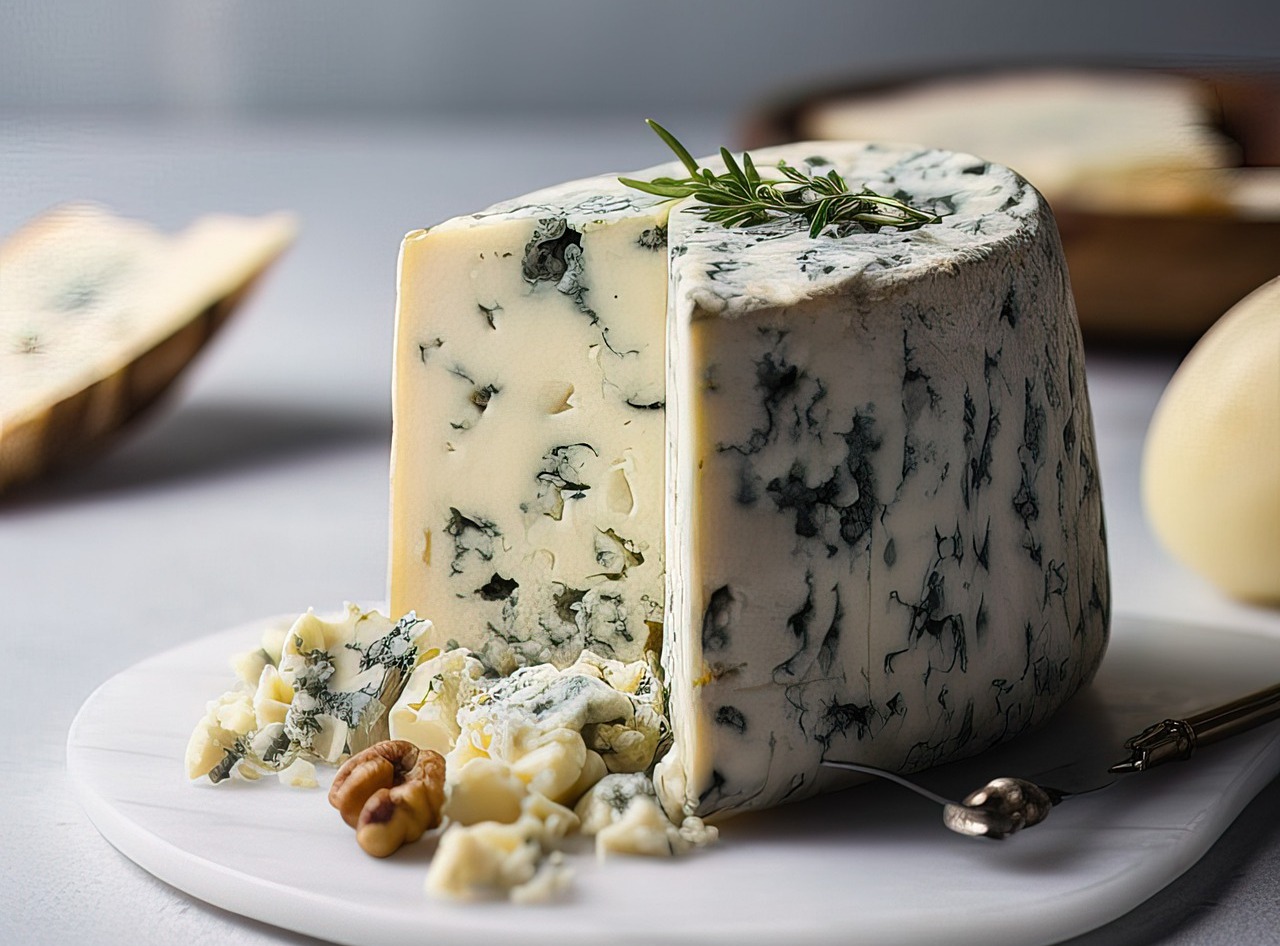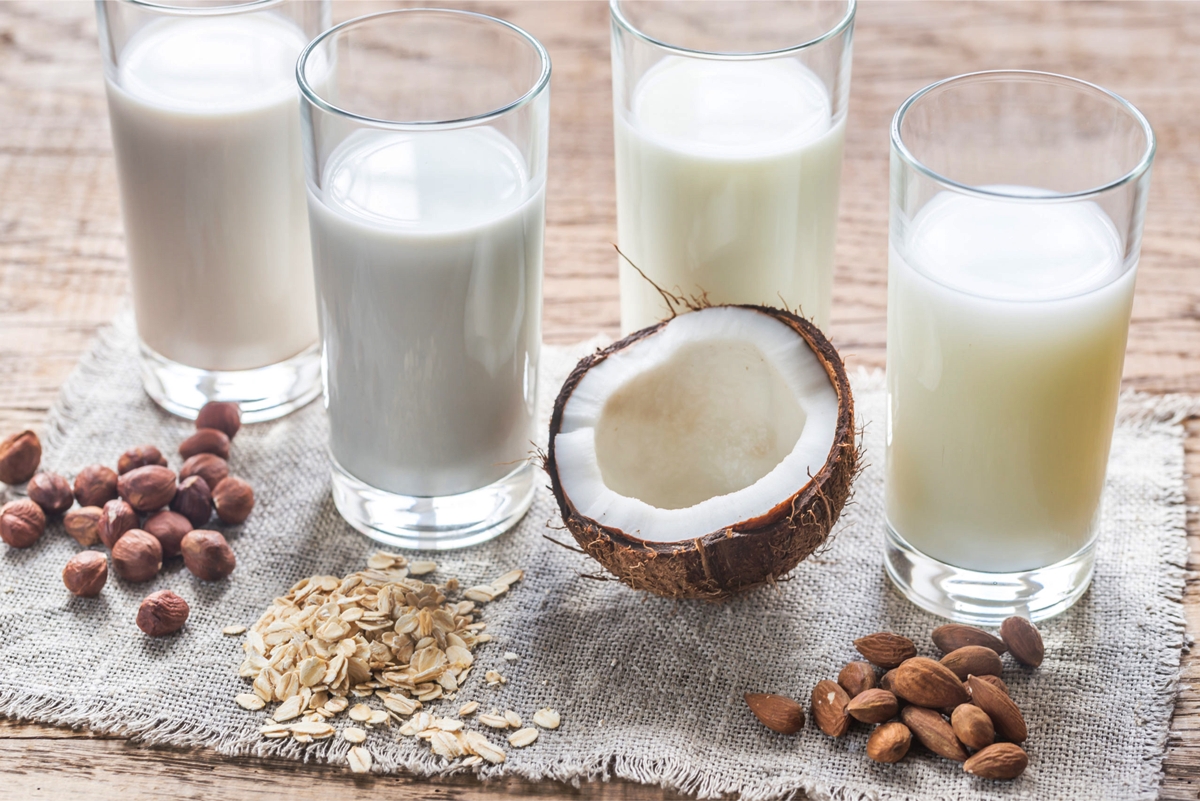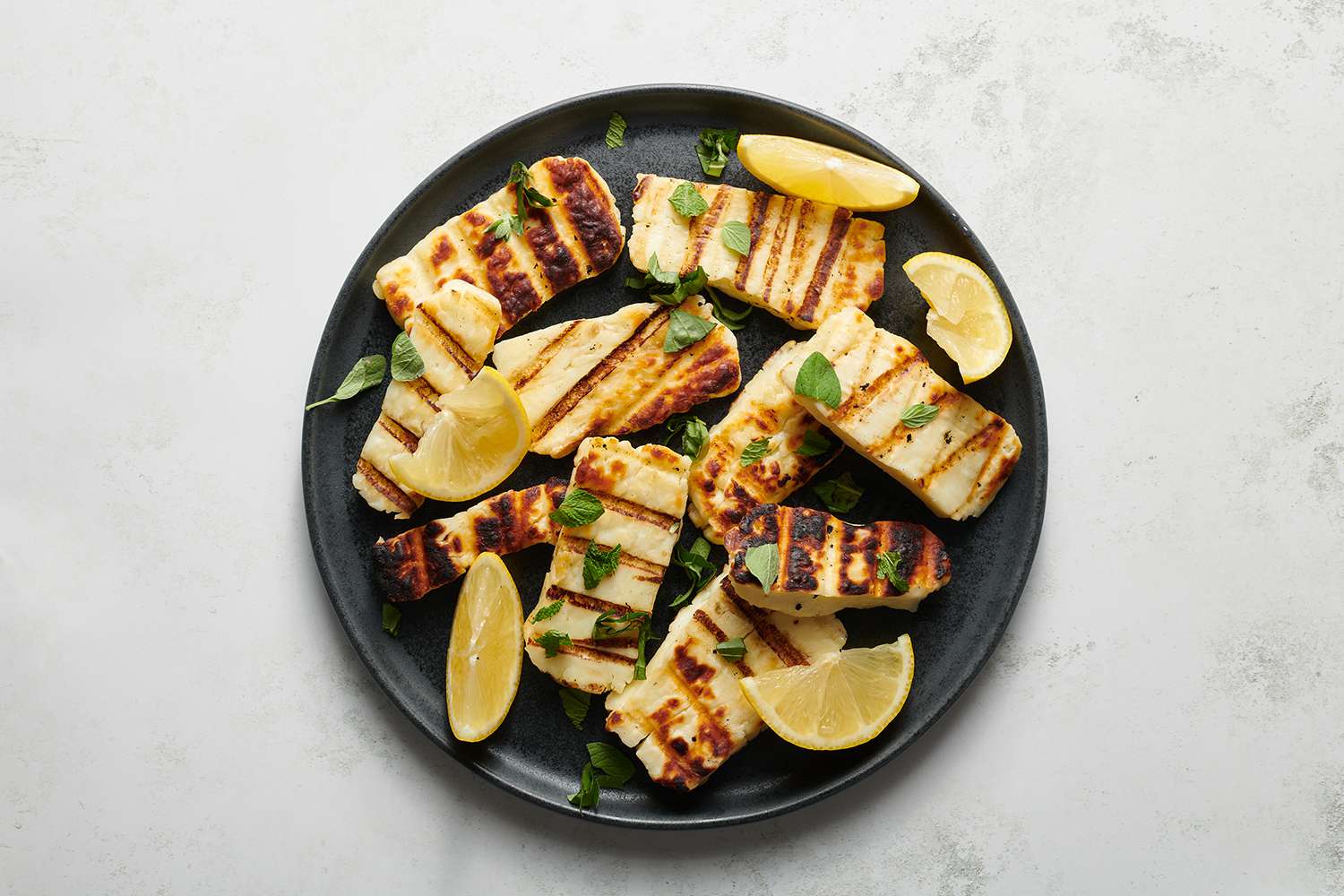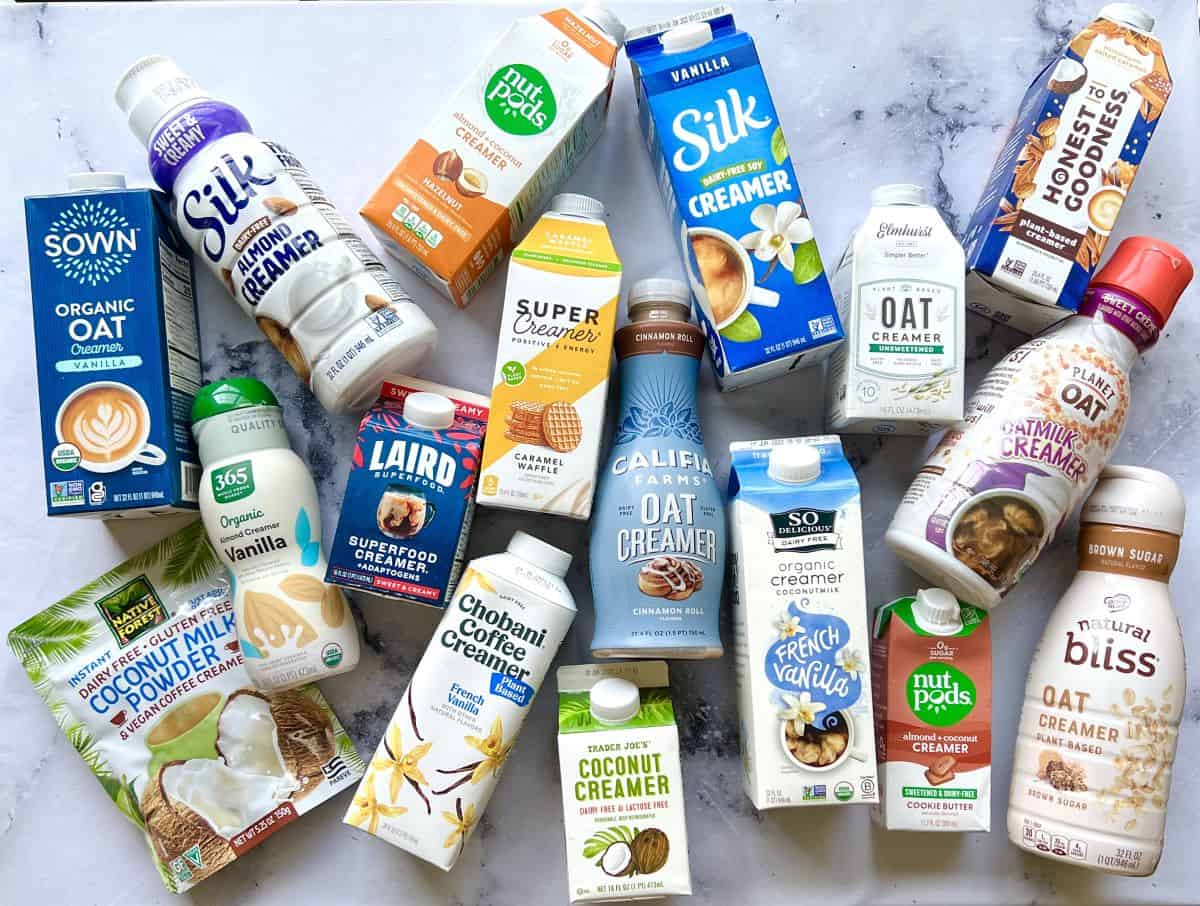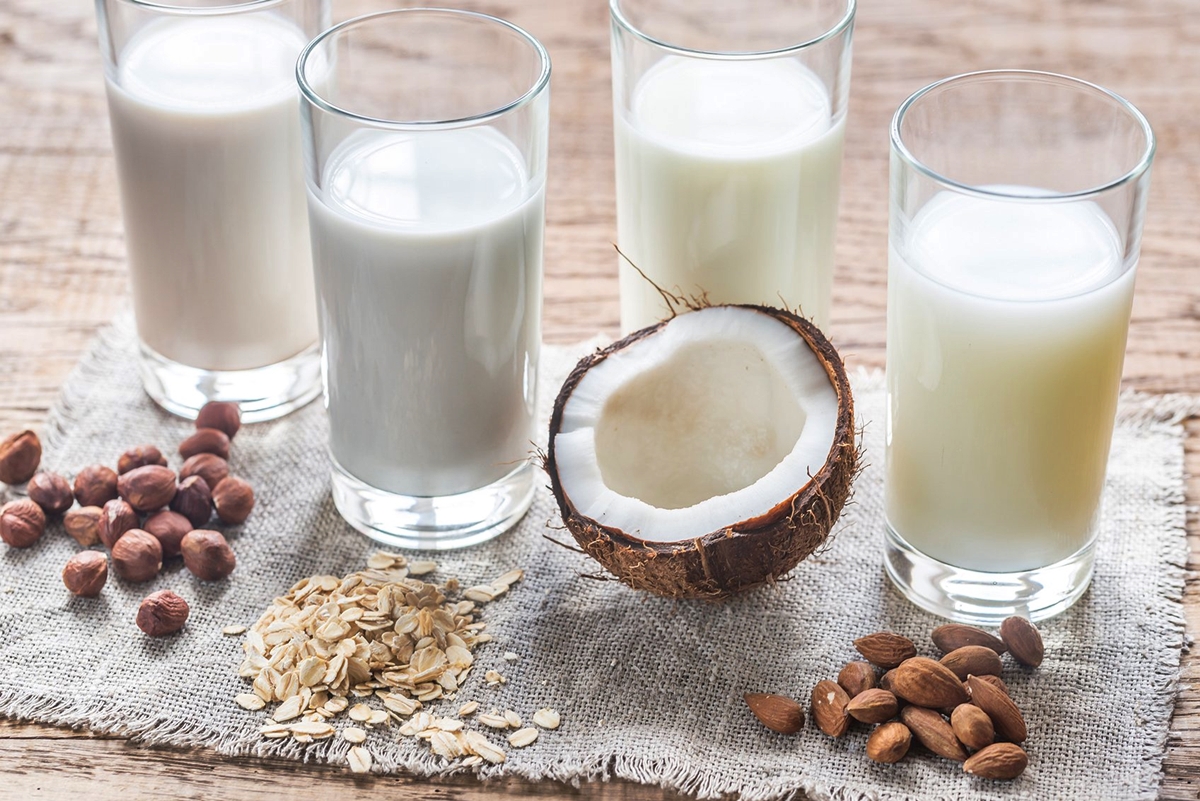Enjoying Cheese Despite Lactose Intolerance
For many people, the thought of giving up cheese due to lactose intolerance can be disheartening. However, with a little knowledge and creativity, it is possible to continue enjoying cheese without experiencing discomfort. Here are some tips on how to navigate the world of cheese while being lactose intolerant.
Understanding Lactose Intolerance
Lactose intolerance occurs when the body is unable to fully digest lactose, a sugar found in milk and dairy products. This can lead to symptoms such as bloating, gas, and stomach cramps after consuming dairy. However, not all cheeses contain high levels of lactose, and there are ways to enjoy cheese without experiencing these symptoms.
Choosing the Right Cheeses
When it comes to cheese and lactose intolerance, not all cheeses are created equal. Some cheeses are naturally low in lactose or have had the lactose removed during the cheese-making process. Here are some cheeses that are generally well-tolerated by those with lactose intolerance:
- Hard Cheeses: Varieties such as cheddar, Swiss, and Parmesan are typically low in lactose due to the fermentation and aging process.
- Soft Cheeses: Certain soft cheeses like brie and camembert may also be well-tolerated as they contain lower levels of lactose.
- Lactose-Free Cheeses: There are now many lactose-free cheese options available in stores, making it easier for those with lactose intolerance to enjoy a wide variety of cheeses.
Pairing Cheese with Lactase Supplements
For individuals with lactose intolerance who still want to enjoy cheeses that may contain higher levels of lactose, pairing them with lactase supplements can be a helpful strategy. Lactase supplements contain the enzyme needed to break down lactose, allowing for easier digestion of dairy products. Taking a lactase supplement before consuming cheese can help mitigate the symptoms of lactose intolerance.
Experimenting with Plant-Based Alternatives
Another option for cheese lovers with lactose intolerance is to explore the world of plant-based cheese alternatives. Many dairy-free cheeses are now available, made from ingredients such as nuts, soy, or coconut. These alternatives come in a variety of flavors and can be used in cooking, baking, or enjoyed on their own.
Enjoying Cheese in Moderation
While it is possible to enjoy cheese with lactose intolerance, it’s important to do so in moderation. Pay attention to your body’s response to different types of cheese and consume them in appropriate portions. Additionally, incorporating a variety of lactose-free or low-lactose foods into your diet can help ensure a balanced and enjoyable eating experience.
Conclusion
Lactose intolerance doesn’t have to mean giving up cheese entirely. By choosing the right cheeses, considering lactase supplements, exploring plant-based alternatives, and consuming cheese in moderation, individuals with lactose intolerance can continue to savor the flavors and textures of cheese without discomfort. With a bit of creativity and an understanding of lactose content in different cheeses, it’s possible to navigate the world of cheese while managing lactose intolerance.
